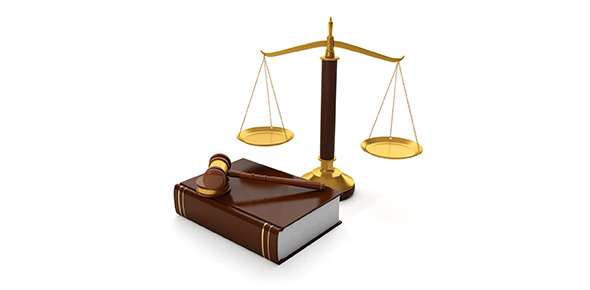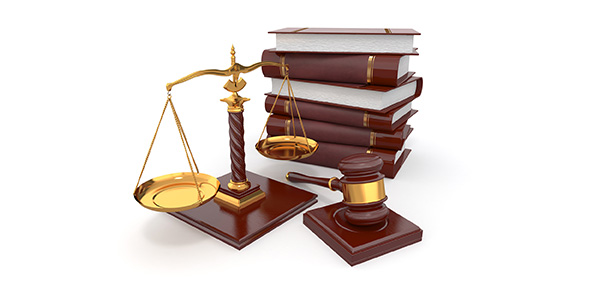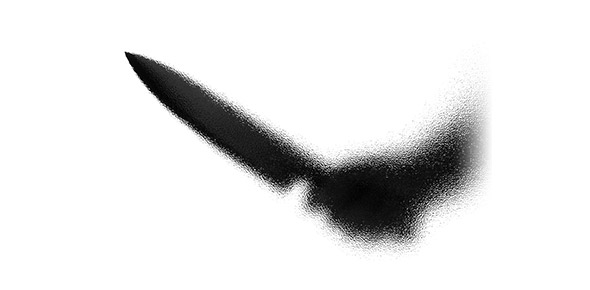Related Flashcards
Related Topics
Cards In This Set
| Front | Back |
|
Deviance
|
Modes of action that do not conform to norms, or values held by most members of a group or society. varies by values, norms of different cultures, subcultures.forms of behavior highly esteemed by one group, regarded negatively by others. behavior that violates social norm. nonconformity. is: *socially constructed *subject to diff interpretation over time *crosses cultural lines prereqs 1)a rule or norm exists 2) person who might violate it 3) judgmental audience 4) likelihood of negative reaction, i.e. critic, sensor, stigma
|
|
Positive, negative sanctions
|
Any reaction from others to the behavior of of an individual or group that is meant to ensure that a person or group complies with a given norm. may be reward or punisment. all social norms are accompanied by these that promote conformity, protect against deviance.
|
|
Deviance characteristics
|
Nonconformity. is: *socially constructed *subject to diff interpretation over time *crosses cultural lines prereqs 1)a rule or norm exists 2) person who might violate it 3) judgmental audience 4) likelihood of negative reaction, i.e. critic, sensor, stigma. status could be defined as such. i.e. ethnicity, marks, traits, deformity.
|
|
Informal sanctions
|
Casually used to enforce norms i.e. laughter, smiles, spanking,
|
|
Formal sanctions
|
Carried out by authorized agents i.e. police, judge, assistant principles,
|
|
Laws
|
Rule of behavior rule established by political authority , backed by state power. sanction used on people that don't conform to them. were these are, there is always crime (any type of behavior that violates such)
|
|
Psychopaths
|
Specific personality type. lack normal sense and concern for others held by normal people. withdrawn, emotionless characters who delight in violence for its own sake. tend to have negative personalities. describing traits positively would make person seem normal i.e. carefree, impulsive, adventurous, do anything for a dare.
|
|
Positivist approach
|
The belief that applying scientific methods to the study of the social world can reveal its basic truths i.e. both biological and psychological theories are of this kind
|
|
Labeling theory
|
Popularized by Howard Becker, looks at social process by which a person is tagged as deviant, comes to accept it, and consequences of such for that person. related to symbolic interaction, conflict theory, looking glass self. concerned with how a person look at him self. symbols that have meaning, effect persons self concept.. those such persons are often "have nots". defines 2 stages of deviation- 1)Primary 2)secondary
|
|
Differential association
|
In a society that contains a variety of subcultures, some environments tend to encourage crime, where as others do not. persons become delinquent through association w/ carriers of criminal norms.criminal behavior is mostly learned in primary groups, particularly peer groups. contrasts w/ view of psychological differences.
|
|
Positive outcomes of deviant behavior
|
1) Adaptive Function- by introducing new ideas, challenges to society, it brings change as an innovative force.2)boundary maintenance-criminal events can heighten group solidarity and clarify social norms. i.e. neighborhood watch program forming after string of burglaries.
|
|
Primary deviation
|
Violation of a norm that may be an isolated act i.e kid stealing from candy store. most commit these act but few are Labeled as such.
|
|
Secondary deviation
|
Becomes publicly recognized as result of continuous acts.
|
|
New criminology theory
|
Analysis of crime in terms of structure of society, preservation of power among ruling class. argues that laws are tools used by the powerful in order to maintain their own privileged position. rejects the idea that laws are neutral and applied evenly across population. as inequality increase between ruling class and working class, law becomes ever more important instrument to maintaining power. i.e. criminal justice system.
|
|
Conflict theory
|
Draws from Marxist thought to argue that deliberately chosen, often political in nature.rejects the idea that deviance is caused by factores such as biology,labeling,anomie, personality , social disorganization. argues that persons actively choose to engage in deviation in response to inequalities of capitalistic system. countercultures regerded as deviant, engage in distinct political acts , challenge social disorder. i.e. black panthers, gay rights, marijuana legalization activists.
|






